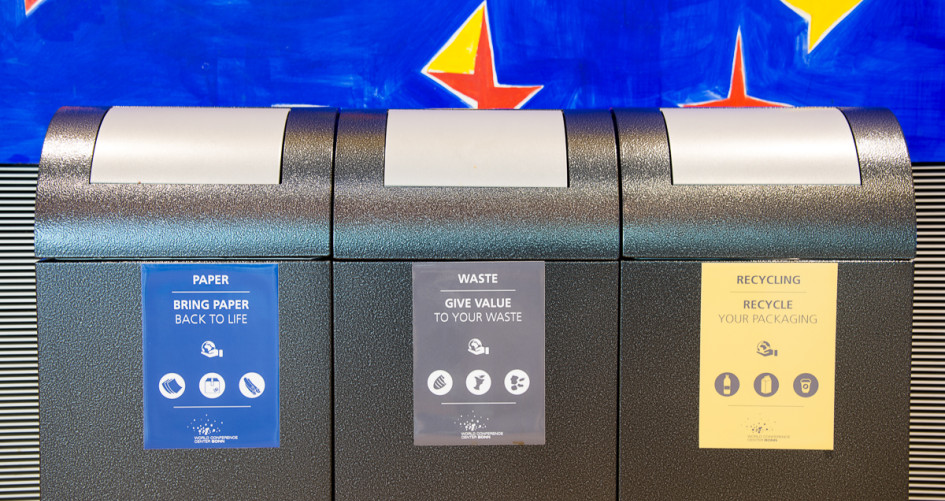Individual transportation arrangements, such as rental of cars or vans, are strongly discouraged. Individual local transportation contributes to higher GHG emissions, air pollution, resource use, land use for roads and parking, and traffic congestion with the resulting aggregate loss of productive time and increased stress levels of all affected. During peak hours, individual traffic hardly brings any reduction of commuting times – on the contrary it may lead to additional delays.
Instead, transportation by bus, tram, metro and regional trains is strongly recommended. Public transportation will be free of charge in Bonn, Cologne and in between, including the Ahr valley, as well as by regional trains to/from Koblenz (but not buses within Koblenz) for all participants from Parties, observer organizations and media registered for the Bula Zone or Bonn Zone. The tickets are valid from 4 to 18 November 2017 and will be distributed at the Information Desks at both conference zones.

The closest bus stop, “Deutsche Welle”, is 100m away from the main entrance to the Bula Zone, the metro stop “Heussallee” 400 m and the brand-new train station “UN Campus” 800 m.
The “Clean Shuttles”, a fleet of frequent, dedicated electric buses, connect the new train station with the Bula Zone and the Bonn Zone from 6 to 17 November, from 7 a.m. to 10.30 p.m. In addition, smaller electric shuttles continually run between the two zones through the Rheinaue park.
Moreover, 600 bicycles will be available for free rental and use within the city - click here for details.


